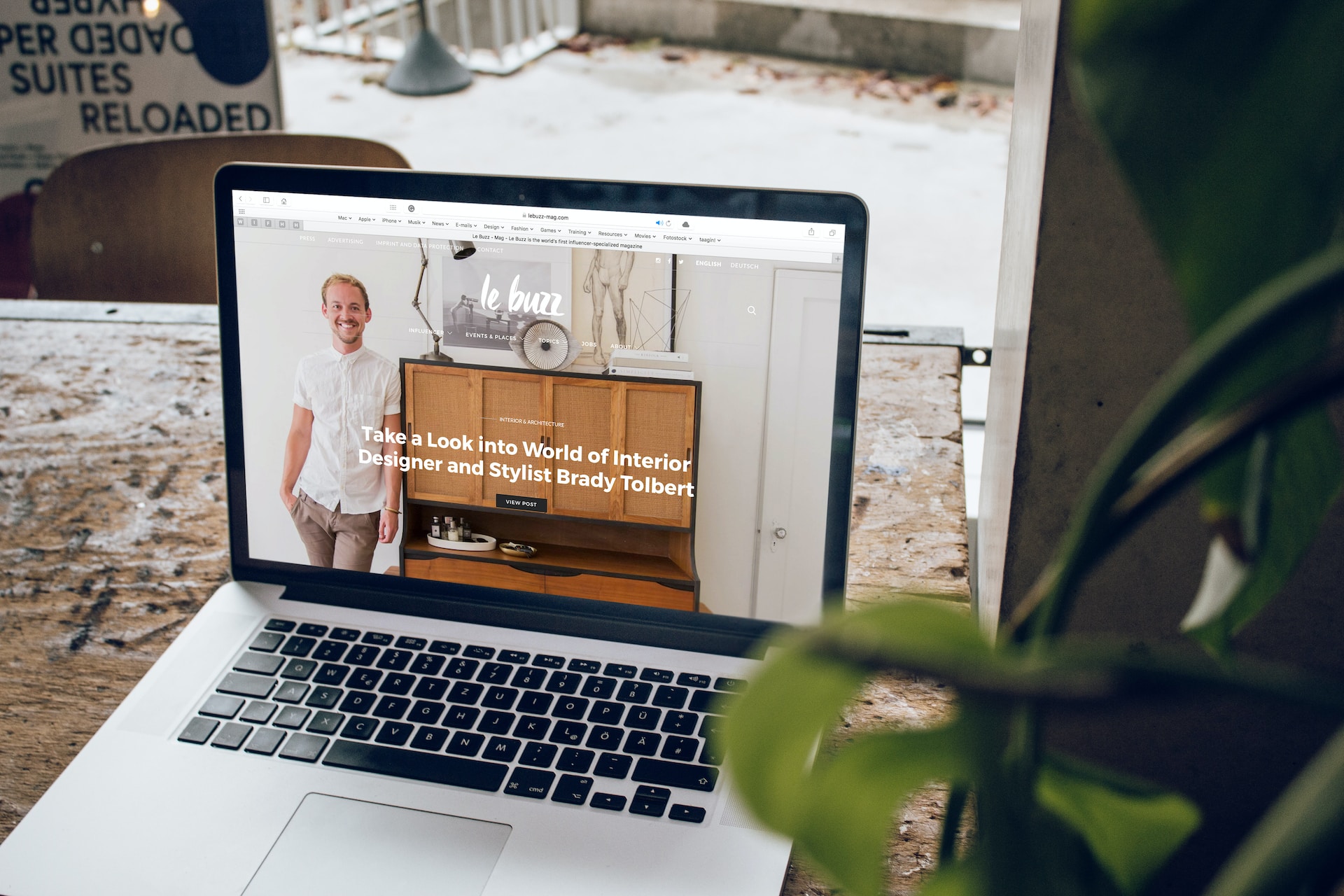As with companies, a brand is not just a logo, but especially the feeling that people have from them, a personal brand is quite similar. So it’s not just about a perfect portfolio and a fine-tuned visual identity, but mainly about how your surroundings perceive you. And it’s also a great tool to differentiate yourself from the competition and communicate your skills and values to your potential clients.
Benefits of building a personal brand
Building a personal brand is quite crucial for a freelancer, as it will help them stand out in a (often) crowded competitive market. As a freelancer, you sell your clients’ services, skills and know-how. And by creating a strong personal brand, you can showcase your unique value and tell a potential client why you are best suited for their project.
By building a strong personal brand, you will stand out from the competition and be more recognizable. But you will also increase your credibility. If you can present yourself as someone who has broad knowledge and experience in the field, clients will be more willing to establish cooperation and adequately pay for your services.
Being different is also useful when a potential client starts looking for a freelancer for their project and remembers that they actually know you. The fact that the client has already heard about you (ideally positively) is a huge advantage. 60% of consumers prefer to buy from a company they’ve heard of. And even if you’re not a commodity, of course, there’s a parallel.
Last but not least, a well-set brand will attract the right clients and you will not be approached by those with whom you do not share any values. Of course, nothing is 100%, but you will significantly increase the chance of satisfied cooperation.
And how to build a personal brand?
For a personal brand to work, it should represent you authentically. With a company, you can play with a brand, but with a personal brand it is different – it must express your personality, which is the cornerstone. What else to include in building a personal brand?
Know yourself and be authentic
Building a personal brand happens from within you. So before you dive into the visual style and next steps, take a moment to figure out who you are. What makes you unique? What is your motivation? Who is your target audience? Find your story and incorporate it into your personal brand.
It’s important to be authentic and let your personality permeate the brand. Ideally, your brand reflects your professional identity as well as your personality. For example, if you have a specific sense of humor, do not try to suppress it, but use it to your advantage. Only then can a potential client get to know your personality and choose you based on this distinctiveness.
Create a visual identity
Approximately 75% of the content we come into contact with on a daily basis is visual. But only a fraction will be kept in your memory, even if only until the end of the day. Therefore, your goal should be to create a visual identity (colors, logo, font…) that is uniform and easy to remember.
Create your online presentation
Online presentation is practically a necessity for freelancers nowadays. Therefore, create a simple and professional-looking website that allows you to present your services, references, portfolio and contact. Remember that from the website must go to the first good know who you are and what you do.
TIP: We also recommend that you set up a profile in professional catalogues, such as freelance.ca, where companies looking for the right specialists for their projects can easily find you.

Stand out
Do you want to act as a professional in the field? Become one. If you have something to say, publish blog articles from the industry, and don’t forget about trends and news that you can comment on. It is also advisable to organize training sessions or participate in conferences as a speaker.
When building a personal brand, do not forget about social networks. Whether it’s a professional LinkedIn or other social networks on which your target group moves. In any case, publish interesting and relevant content here and do not be afraid to show off your work achievements. If you don’t have something to say to the world, don’t try to make content just for the sake of content.
Communicate
Even the best presentation will be useless if you do not respond. Therefore, always respond professionally and helpfully to all questions and comments. And keep in mind that no problem will go away if you ignore it.
Update your portfolio regularly
If you do your job well, you should keep improving. This should ideally be reflected in your self-presentation. So if you finish a project that both you and the client are happy with, it should definitely appear in your portfolio. It’s even better if you include measurable results in your presentation.
Network
Networking does not only work as establishing relationships with new clients or colleagues in the field, but also when building a brand, when you make yourself visible and build your reputation as an expert in the field. This way you can maintain good relationships with current clients and increase the chances that they will continue to recommend you.
Another advantage of networking is to get up-to-date information from the field, with which you can stay up to date with new trends and technologies. This will keep you moving forward and stay competitive.
Track your reputation
A personal brand is a living organism that you need to constantly take care of. That’s why it’s worth keeping an eye on mentions of yourself across networks so you can react in a timely manner. This point also includes that you should actively try not to spoil your good name. So before you add something to an online discussion, think about whether it could hurt your personal brand. If you always react with detachment and a cool head, you will definitely not make a mistake.
Educate yourself
Building a personal brand is not only about visual style and marketing strategies, but also about your personal development. Educate yourself, improve your skills and work on your weaknesses so that your personal brand can continue to grow and develop.
Building a personal brand is not a matter of days or weeks, but it is a long-term never-ending work. But it is definitely an investment in the future, which will return to you in the form of orders and satisfied clients.

